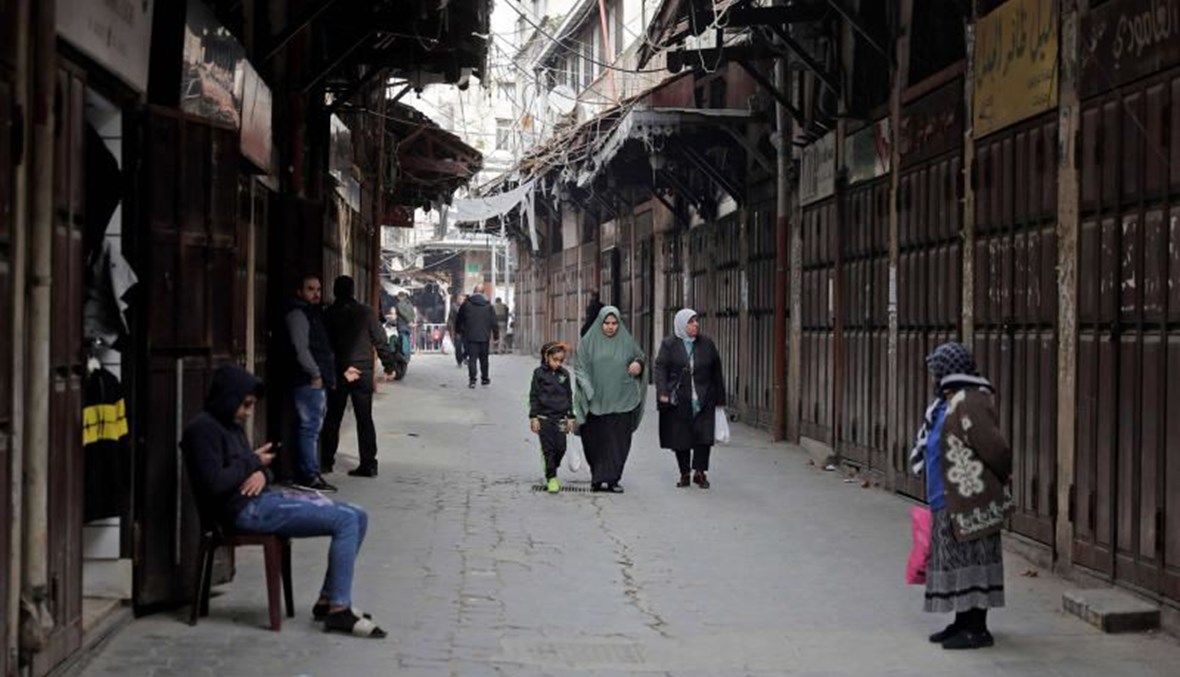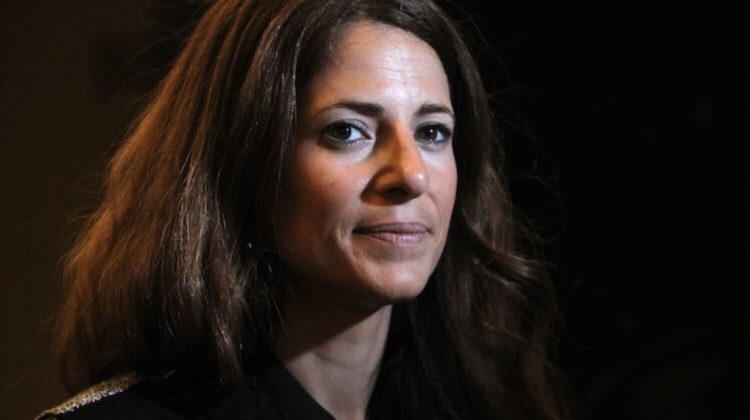

When I was asked to write an article that offers concrete solutions on how to rebuild Lebanon, I have to admit I froze. I had so many questions unanswered: rebuild what? Rebuild how? Where do we even start?
This small note is addressed to the future leaders of our tomorrow, the ones that will take on the very big responsibility of “rebuilding” Lebanon.
I know the request was to offer concrete solutions related to policies and reforms, but rebuilding Lebanon requires a solid base for it not to be shaken easily and our base needs strengthening. And this base is about rebuilding social ties and rebuilding the social contract. We have to start by its people, by us.
We all know this crisis did not start in 2019, but decades before and the corruption and sectarianism are symptoms of underlying problems.
Based on my experience and the few years I spent working in the most deprived areas of Tripoli such as Beb el Tebbeneh and Jabal Mohsen, I believe this social contract is broken because two main issues: fear and mistrust in one another as well as socio-economic exclusion of large segments of the population.
Most of the policies and reform plans that we usually put forward, although very valid and necessary, are often non-inclusive of a large segment of the population that are not only forgotten but also stigmatized way before the collapse started in 2019. To name just a few practical examples:
- We talk about policies and support for start-ups and SME’s but why don’t we also develop national policies and support for the artisans of our country, the farmers and the unemployed youth with no skills due to the circumstances they are living in?
- We talk about the independence of the judiciary and accountability, but why don’t we also urgently address our demeaning prison system, that is anything but rehabilitative and the unfair and harsh trials of many people who fell victim to this marginalization and neglect and who have no way of rebuilding their lives once released because of a debilitating prison record?
- We talk about the ration card today for the Lebanese, but why don’t’ we also include the tens of thousands of stateless people of Lebanese origin, who do not have a Lebanese ID just because they weren’t’ registered in time at birth due to poverty or mishap, and who have no rights whatsoever? How are they included? How are they ensured basic dignities and rights?
- During the Covid-19 pandemic, we demand online learning and imposed harsh lockdowns, but did we stop to think about families who don’t have the means to get internet and laptops for their children and who live dire conditions, in one room rented apartments and who can’t afford to stay one day home without income?
- We talk about the high standards of our education system and the importance of keeping it at the same level, but how do we evaluate our education system as good, when a large percentage of the population do not have access to proper schooling and quality education? When for example young people living in Akkar need to drive an hour or more to have access to a public university in Tripoli?
- We label neighborhoods and regions in their entirety as “thugs”, “terrorists”, “backward”, or “sectarian”. Areas we have never been to and people whom we most probably never met or spoke to, but did we ever think about how they are living? And if they got the same equal opportunity many of us had, and the chances many of us got?
We talk about extremely important and necessary issues such as electricity reform, environmental policies, abolishing the confessional system, accountability but did we ever bring everyone’s voice to the table and ensure that all voices and needs are heard and taken into account?
Since I’m asked to suggest some concrete solutions, and if I have to start somewhere, I would probably start with four important points:
1- Prioritize Education. Equal access to quality (mandatory) education for all. And not necessarily only on school benches, but also vocational training on the job education and cultural education. And impose in the education curriculum a cultural discovery of Lebanon in its entirety, through regular school trips and exchanges.
2- Making the whole of Lebanon accessible to everybody by prioritizing a public transportation system that allows easy accessibility and mobility to all areas of this tiny country. This will not only help in providing better access to equal opportunities for so many people but will also allow to break the fictional barriers and the increasing cantonization of our country. We need to get to know one another and building bridges is the only way to build trust.
3- Having the private sector play a bigger role in inclusivity and help create sustainable jobs by making it a point to include the most marginalized across Lebanon.
4- Making sure all areas of Lebanon are equally taken into account on the developmental map, from Akkar to Tripoli to the the Bekaa and South
If my experience thought me anything, it’s that this extreme marginalization is one of the reasons why we have so many people who don’t feel they belong to this country and why our social ties are broken to start with, and why so many people today in spite of the terrible crisis we are living in are still holding on to a different type of belonging, whether sectarian, ideological or foreign. If we don’t decide that our vision and plan for this country should leave no one behind, and make sure our reforms and polices are inclusive and take into account everybody, we will rebuild again on shaky grounds and moving sands.
Let’s take a step back and think that maybe the issue we need to address is not an issue of identity, but rather an issue of inclusion and belonging with all our different identities. That’s the only way to incite citizenship and national belonging against sectarianism and divides.
